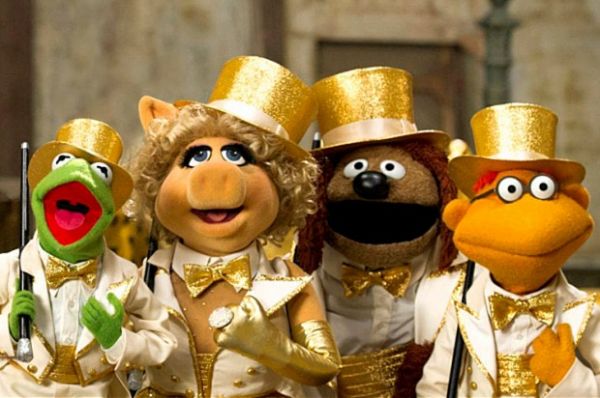Are
you a part of the MTV generation? It could be argued that your
worldview was shaped more by the Muppets than music videos. After all,
Generation X learned so much from
Sesame Street and laughed so much at
The Muppet Show that they consider Jim Henson and Frank Oz to be members of the family.
From
the ’60s on, Jim Henson’s work would reach nearly every child, whether
it was “The Muppet Show,” “Emmet Otter’s Jug Band Christmas,” “Fraggle
Rock,” “The Storyteller,” the Muppet movies, “John Denver and the
Muppets,” “Labyrinth,” “The Dark Crystal,” “The Jim Henson Hour,” or
“Muppet Babies.” Unlike Sesame Street, Henson’s later work did not have a
“curriculum” created by Harvard psychologists at the Children’s
Television Workshop. All the same, each show and movie had purpose.
Henson
told his staff that with “Fraggle Rock,” he wanted to make a show that
would help “stop war in the world” by teaching conflict resolution.
“Muppet Babies” was made to encourage imagination. According to the
show’s head writer, “[Henson] wanted children to believe anything is
possible. That’s the only thing that’s going to save this planet — the
power of imagination.” Though “The Muppet Show” did not have any overt
“teaching objectives,” it had the implicit message that all kinds of
weirdos and goofballs can work together in peace, give or take a few
explosions. Underneath the screwball humor, “The Muppet Show” had a
message of brotherhood.
The article goes on to list
the values that these shows imparted to children growing up, and the
many people who acknowledge the influence the Muppets had on their
lives. Read about how
Henson’s vision is still evident in his audience, even in middle age, at Salon


No comments:
Post a Comment